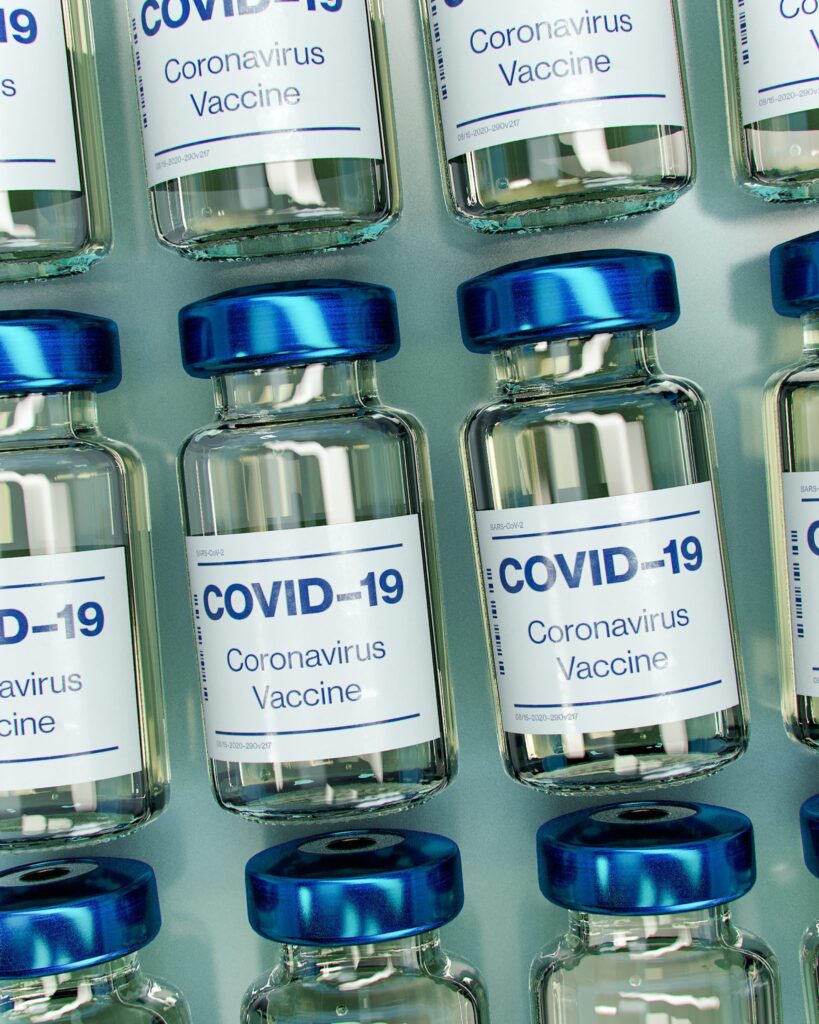On Thursday, January 13, 2022, the U.S. Supreme Court delivered a mixed ruling on the Biden administration’s workplace COVID-19 vaccination requirements, reinstating a vaccine mandate for most healthcare workers, but temporarily blocking the vaccine-or-test rule for private employers with over 100 employees.
OSHA’s Emergency Temporary Standard (“ETS”) for large private employers, initially published on November 5, 2021, required that employees be vaccinated against COVID-19, or undergo weekly testing and wear a mask on the job. Many states, businesses, and nonprofit organizations challenged OSHA’s rule in the Courts of Appeals across the country. The Fifth Circuit initially entered a stay; however, when the cases were consolidated before the Sixth Circuit, that court lifted the stay and allowed OSHA’s rule to take effect. The ETS became effective on January 10, 2022.
On January 7, 2022, the Supreme Court heard arguments from applicants seeking an emergency stay of the ETS, arguing that OSHA’s mandate exceeds its statutory authority and is otherwise unlawful. The Supreme Court agreed and granted the stay of the rule pending the disposition of the review in the 6th Circuit. The justices concluded that the “Applicants are likely to succeed on the merits of their claim that the Secretary lacked authority to impose the mandate. OSHA empowers the Secretary to set workplace safety standards, not broad public health measures.”
Private employers, in accordance with their respective state laws, are free to implement and enforce their own COVID-19 vaccine and testing policies.
The Supreme Court did, however, rule that a vaccine mandate can be enforced against virtually all health care workers in the country, namely against those working for providers that receive federal Medicare or Medicaid funding. Participating health care facilities will need to ensure that all employees are vaccinated against COVID-19, unless they receive a medical or religious exemption. The Supreme Court concluded that the U.S. Department of Health and Human Services did not exceed its statutory authority in requiring that, in order to remain eligible for Medicare and Medicaid dollars, the facilities covered by the interim rule must ensure that their employees be vaccinated against COVID–19.
For more information, contact the Davis, Agnor, Rapaport & Skalny attorney with whom you typically work, or one in our Business Planning & Transactions Practice Group.

